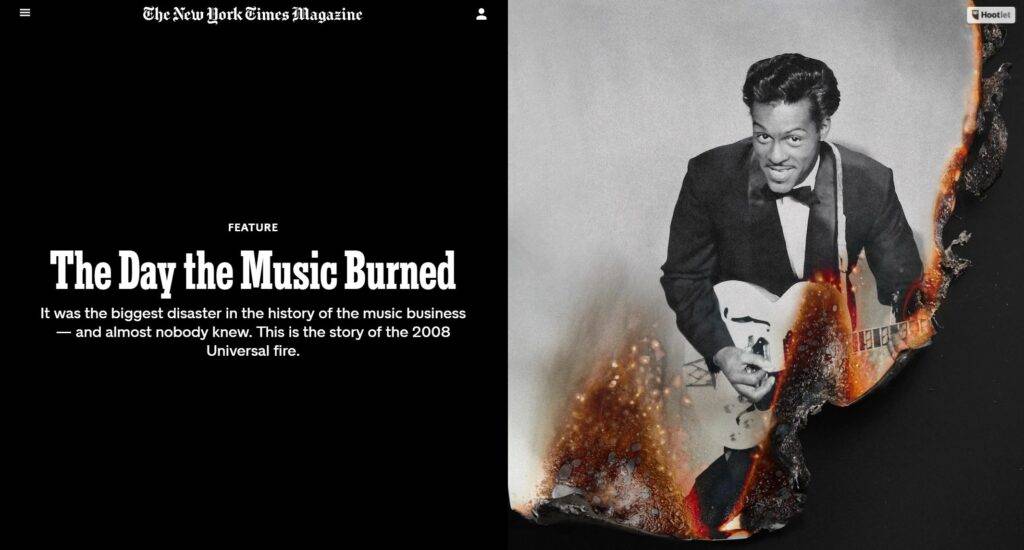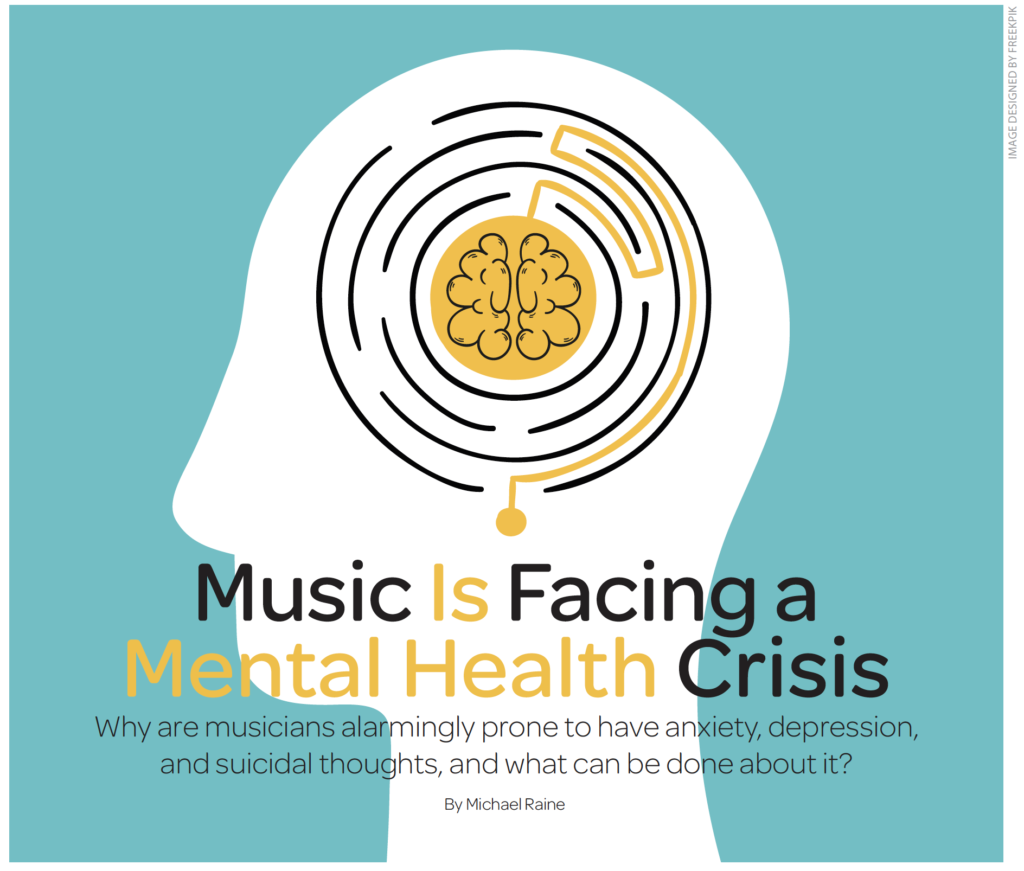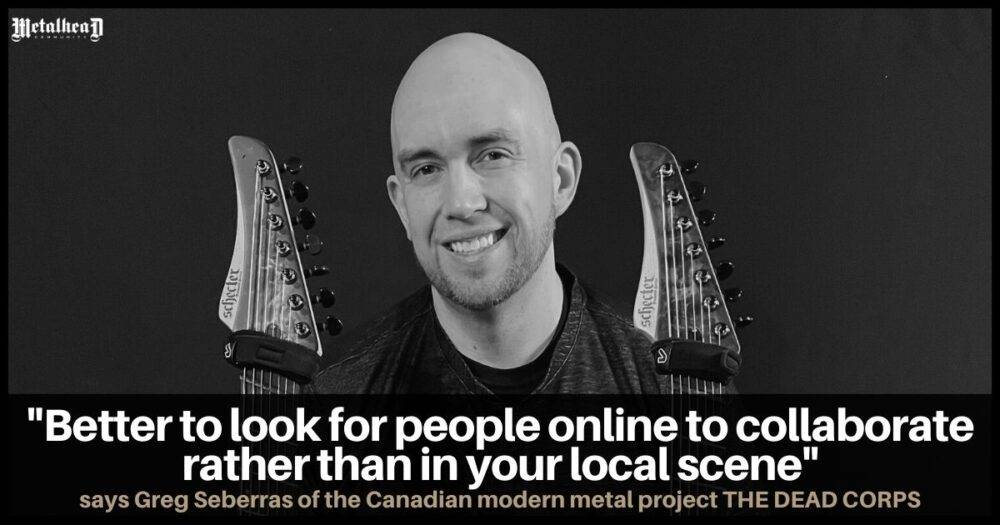
The indie band Phoebe Bridgers called an “industry plant”
The indie band Phoebe Bridgers has stirred up controversy by referring to The Strokes as an “industry plant,” a term that has sparked debate in the music industry. This term has also been associated with artists like Wet Leg, who have faced criticism for their rapid rise to success. Bridgers’ comments have brought to light the issue of gender bias in the music industry, suggesting that male artists with wealthy backgrounds are often excused, while female artists in similar positions face harsher scrutiny.
Bridgers has emphasized the prevalence of nepotism and wealth in the music industry, pointing out that these factors have historically played a role in the success of artists. She has highlighted what she perceives as a double standard, where male artists with privileged backgrounds are not held to the same level of scrutiny as their female counterparts.
While Bridgers’ comments reflect her commitment to advocating for women in the music industry, they have also sparked a debate about the accuracy of labelling The Strokes as an “industry plant.” The band members have been open about their privileged backgrounds, but there are differing perspectives on the extent to which their success was orchestrated by industry insiders. In summary, Phoebe Bridgers’ remarks have reignited discussions about the influence of wealth and connections in the music industry, particularly concerning the differential treatment of male and female artists with privileged backgrounds. While her comments are rooted in a desire to address gender bias, the application of the “industry plant” label to The Strokes remains a topic of ongoing debate.






Responses